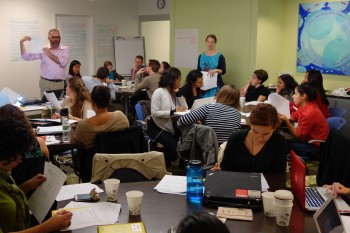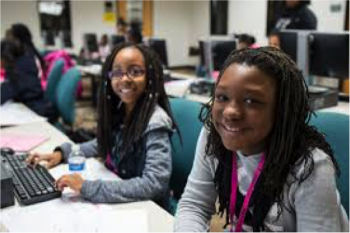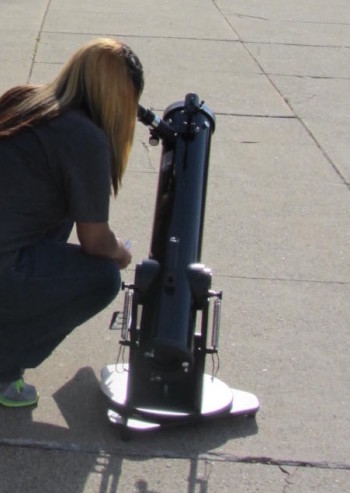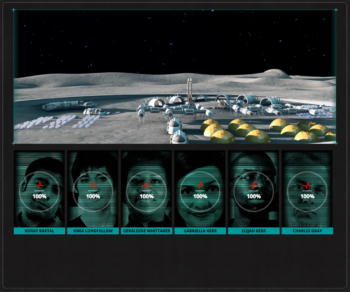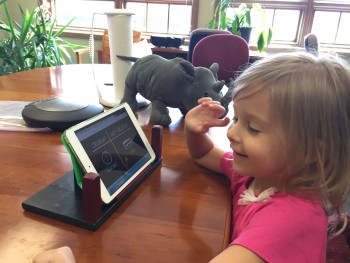Selected Projects Include
-
de Young Museum’s Get Smart With Art Program
REA conducted an evaluation of the de Young Museum’s Get Smart With Art program for grades 1-3, and 4-8. Get Smart with Art @ the de Young is an interdisciplinary curriculum package that uses art objects as primary documents, sparking investigations into the diverse cultures represented by the Museum’s collections. The evaluation included a logic model workshop, two museum gallery and museum classroom observations, and a review of curricular materials. A primary purpose of this evaluation was to provide de Young Education staff with methods and criteria for conducting a more thorough and comprehensive evaluation of the entire program at a later date. The final report also included proposed evaluation methods and instruments (for classroom, gallery and curriculum materials) and aligned research questions.
-
Tech Know Build
The TechKnowBuild project was a partnership between the Crawfordsville Community Schools and Indianapolis Public Schools that provided “one to one” laptop computers and wireless Internet access to 2,500 middle school students and approximately 100 teachers, combining ubiquitous computing and problem-based learning. As the external evaluator, REA assessed impacts on teachers and students through suveys and secondary data analyses. During the final year, student achievement was measured by standardized test scores and writing prompts. Almost all teachers incorporated internet research and exploration, one of the most popular and regular use of laptops, and generally found problem-based learning to be an effective way to meet their academic content standards. REA found that problem-based learning activities increased students’ engagement in school, and gave students a sense of ownership for the topics they researched and a deeper awareness of community issues and their roles as citizens.
-
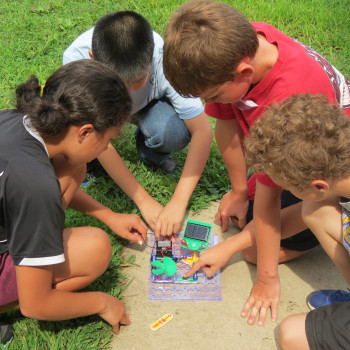 Photo courtesy of CERDEC Math and Science Summer Camp via CC licensing.
Photo courtesy of CERDEC Math and Science Summer Camp via CC licensing. -
Star Schools
Rockman et al conducted a three-year study of the impact of the online, Supplementary Education Services (SES) provided by Educate Online, Inc. (EO), funded by the Star Schools Program of the U.S. Department of Education. The evaluation activities under the grant measured the effectiveness of Catapult Online, a real-time, one-on-one tutoring service designed to address the needs of underserved rural, middle and high school students. The formative and summative evaluations examined online student assessment instruments, content, delivery mechanism, and the enhanced parental communication via mobile technology. REA also conducted a five-year evaluation of critical issues associated with the delivery of SES via online technologies in rural and urban areas. Among these issues were strategies for motivating and engaging middle and high schools students in remedial and supplemental programs, serving the needs of students with limited English proficiency, the impact of evolving technology platforms on the delivery of instructional programs, and emerging online assessments.
-
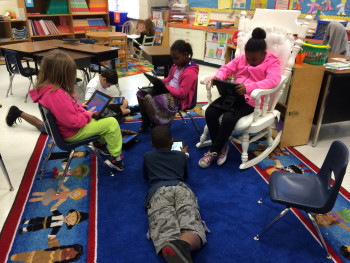 Photo courtesy of Amanda Golden via CC licensing.
Photo courtesy of Amanda Golden via CC licensing. -
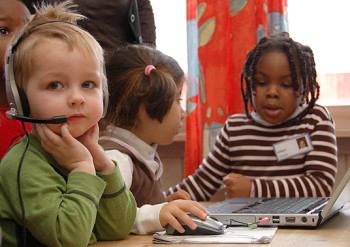 Photo courtesy of Juan Cristóbal Cobo via CC licensing.
Photo courtesy of Juan Cristóbal Cobo via CC licensing. -
Kamehameha Maui Laptop Project
The Kamehameha Schools (KS) Maui Campus implemented a laptop program at the beginning of the 2003 – 2004 academic year. As part of their “one to one” program, KS provided laptop computers to all high school faculty and students for use at both home and school. Rockman et al collaborated with the Policy Analysis and System Evaluation (PASE) research staff to design a model and instruments for evaluation of the laptop program. Rockman et al was contracted to conduct administrator interviews with key program staff as well as classroom observations and teacher interviews.
-
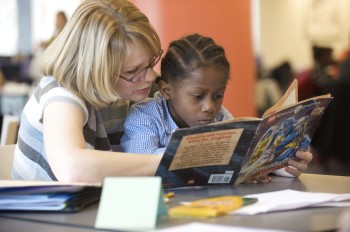 Photo courtesy of US ED via CC licensing.
Photo courtesy of US ED via CC licensing. -
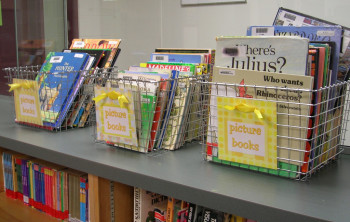 Photo courtesy of Enokson via CC licensing.
Photo courtesy of Enokson via CC licensing. -
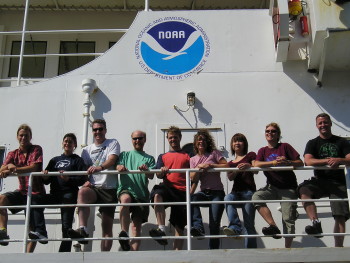 Photo courtesy of NOAA Photo Library via CC licensing.
Photo courtesy of NOAA Photo Library via CC licensing. -
DragonflyTV’s Informal Science Education Project
Rockman et al developed an impact study for the educational television program: DragonflyTV, a science program for and about 9-12 year old children produced by Twin Cities Public Television. A controlled classroom viewing protocol was established for schools in Chicago and San Francisco. Students were surveyed following each of three episodes selected for the study. Pre and post- interviews with students introduced a hypothetical scenario in which they were asked to design an experimental study. An additional in-class viewing study was also implemented with educators in a variety of locations across the United States.
-
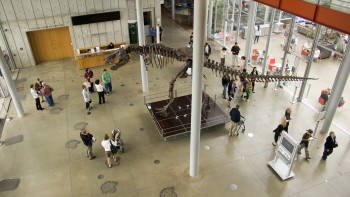 Photo courtesy of spacedust2019 via CC licensing.
Photo courtesy of spacedust2019 via CC licensing. -
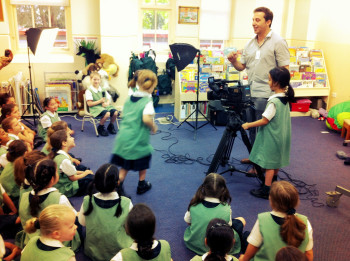 Photo courtesy of Chris Betcher via CC licensing.
Photo courtesy of Chris Betcher via CC licensing. -
Game-Enhanced Interactive Physical Science (GIPS)
Through funding from the NSF’s SBIR program, Filament Games developed a suite of online educational games and curricular activities for middle school classrooms that target core scientific concepts, such as engineering, plant genetics, and planetary characteristics. Rockman et al evaluated the “promise of efficacy” from each game via pre-post surveys, classroom observations, and embedded assessments, comparing content learning and engagement between students who played the game and engaged with the curricular activities, only played the game, or received traditional instruction. Differences in outcomes based on students’ interest in and aptitude for reading were also explored to ensure that the games were inclusive of a range of student abilities.
